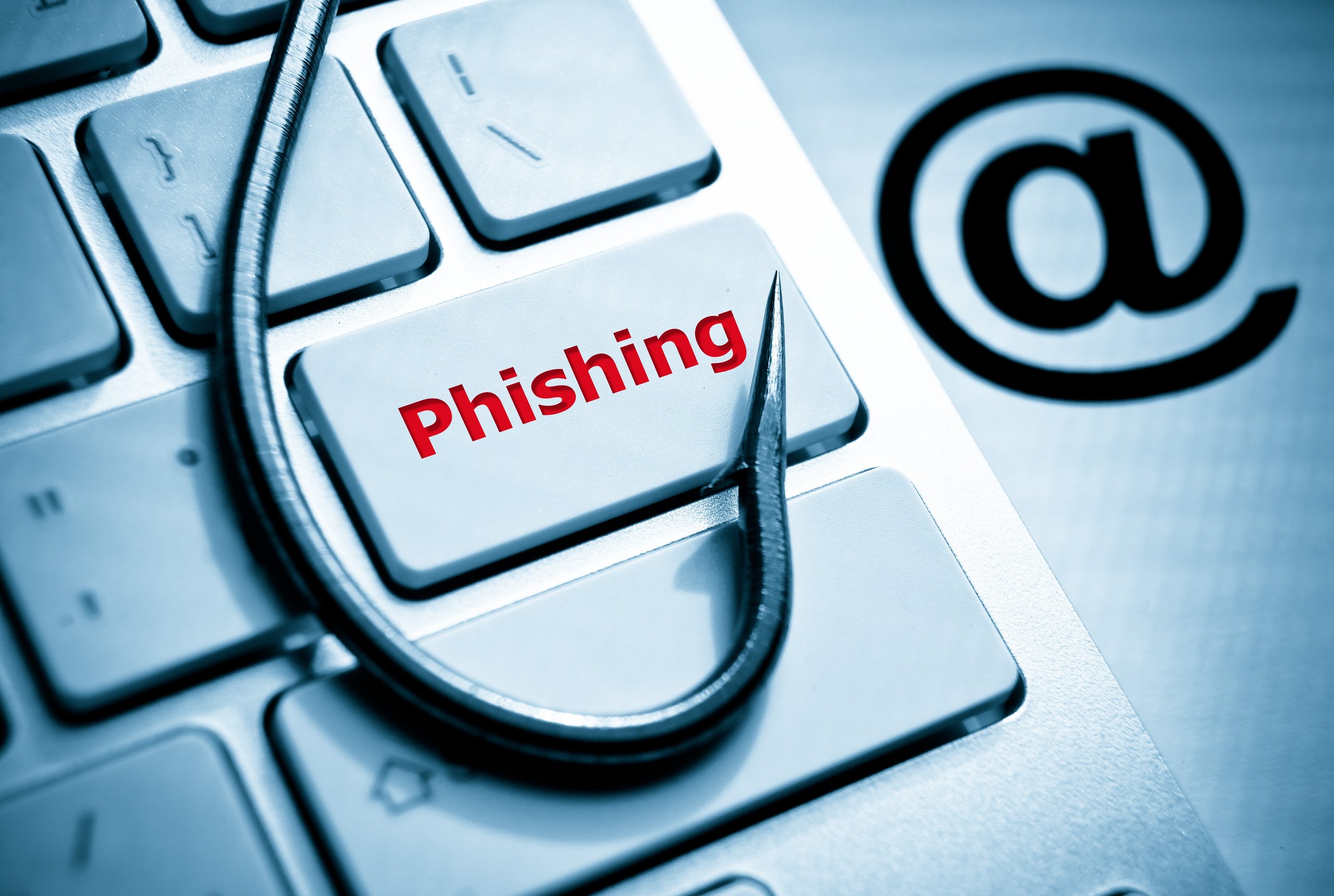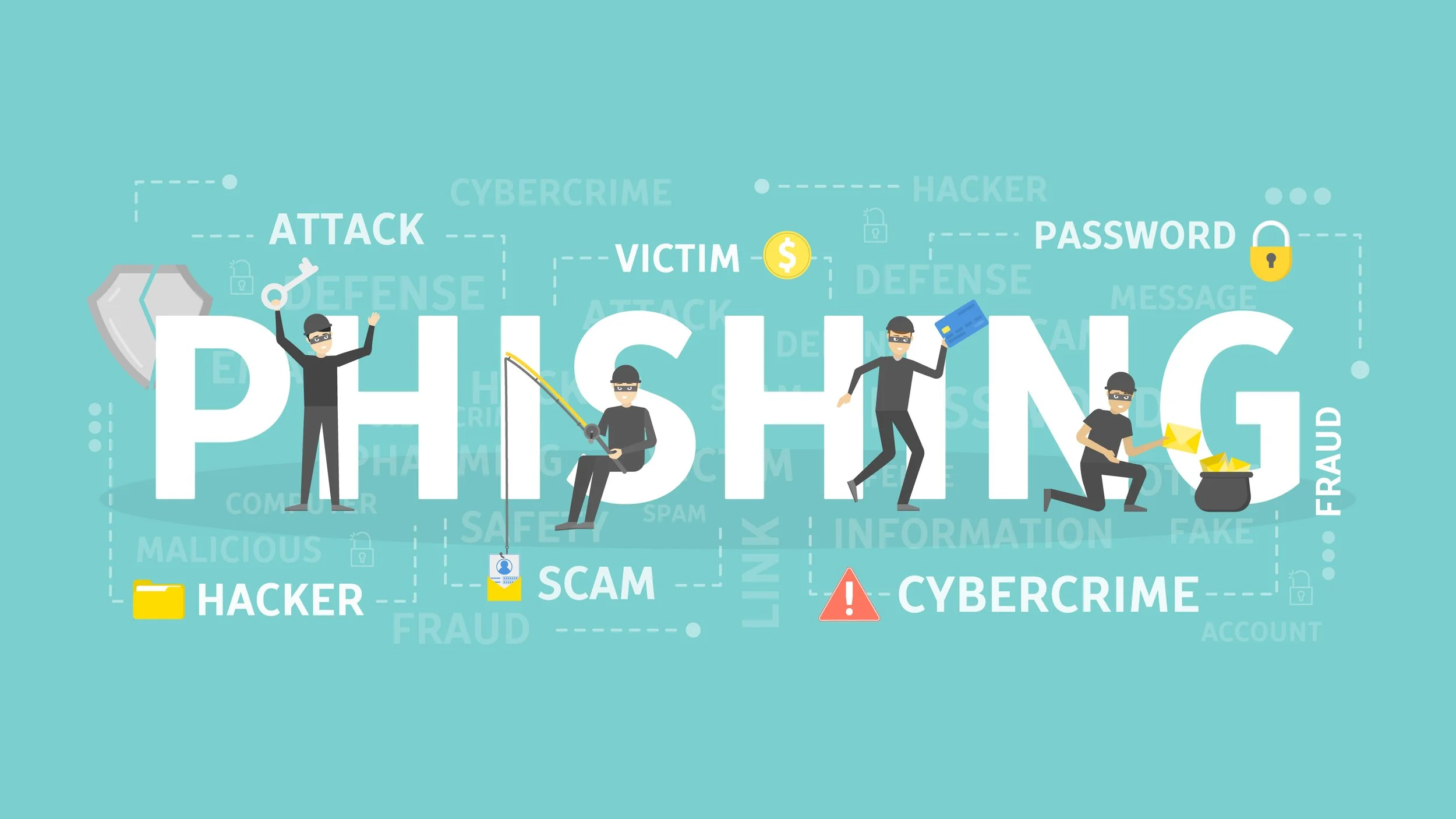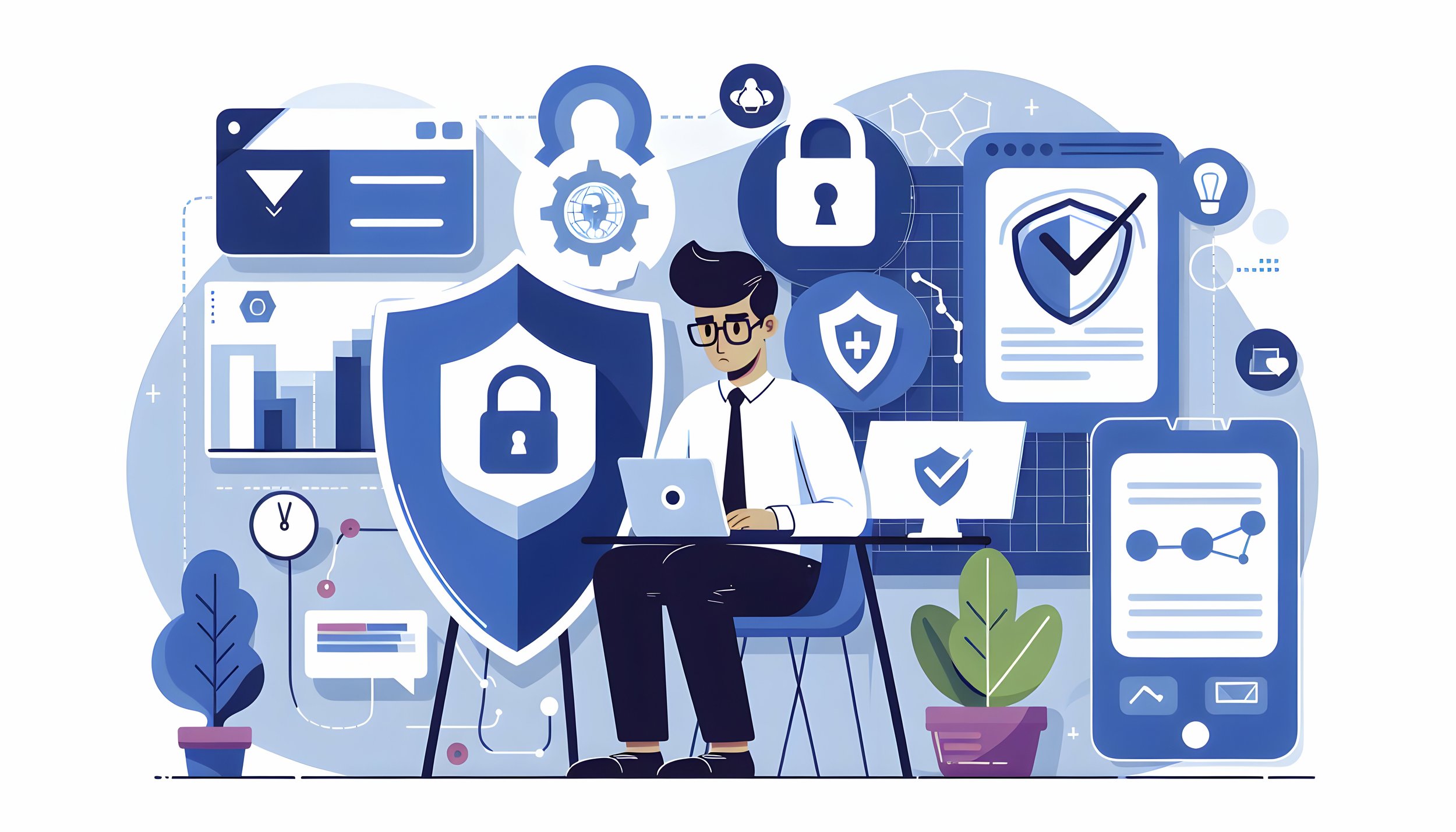MTC: Navigating the Perils of Online Reviews!
/How lawyers handle online reviews can be a matter of your bar license!
In today's digital age, lawyers must be increasingly cautious about their online presence and interactions. A recent case involving an Illinois attorney serves as a stark reminder of the potential consequences of mishandling online reviews. Let's explore the key takeaways and best practices for legal professionals in the digital realm.
The Cautionary Tale
An Illinois attorney recently faced bar charges for his response to negative online reviews[1]. This incident highlights the importance of maintaining professionalism and ethical standards, even in the face of criticism on digital platforms.
What Not to Do with Online Reviews
Don't Disclose Confidential Information
The attorney in question allegedly revealed confidential client information in his responses to negative reviews[1]. This is a fundamental breach of attorney-client privilege and can lead to severe consequences, including disciplinary action from the bar.
Avoid Emotional Responses
Not all reviews are going to be great - lawyers need to be mindful they handle them.
It's natural to feel defensive when faced with criticism, but responding emotionally can lead to poor decision-making. The Illinois attorney's responses were described as "intemperate" and "discourteous"[1], which only exacerbated the situation.
Don't Engage in Harassment
The charges against the attorney included allegations of harassment[1]. It's crucial to remember that any form of harassment, whether online or offline, is unacceptable and can result in serious professional repercussions.
Best Practices for Handling Online Reviews
Maintain Professional Composure
When faced with a negative review, take a step back and compose yourself before responding. A calm, professional response is always more effective than an emotional outburst.
Respect Client Confidentiality
Never disclose any information about a client or case without explicit permission, even if you're trying to defend yourself against criticism. Client confidentiality is paramount and must be maintained at all times.
Respond Thoughtfully and Constructively
always “act” and “not react” to negative online reviews!
If you choose to respond to a review, do so in a way that addresses the concerns raised without becoming defensive or confrontational. Focus on providing factual information and expressing a willingness to resolve any issues.
Consider Not Responding
In some cases, the best course of action may be to not respond at all. If a review is particularly inflammatory or you're unsure how to respond appropriately, consult with a colleague or seek advice from your bar association.
Proactive Measures
Cultivate Positive Reviews
Encourage satisfied clients to leave reviews on reputable platforms. A strong base of positive reviews can help offset the impact of occasional negative feedback.
Monitor Your Online Presence
Regularly check your online reviews and mentions. Early awareness of negative feedback allows you to address issues promptly and professionally.
lawyers should regularly monitor their online presence!
Implement a Review Response Policy
Develop a clear policy for handling online reviews within your practice. This can help ensure consistent, professional responses across all platforms.
The Bigger Picture
While online reviews can be a valuable tool for potential clients, they also present unique challenges for legal professionals. The case of the Illinois attorney serves as a reminder that the rules of professional conduct apply just as much in the digital world as they do in traditional practice settings.
As tech-savvy lawyers, we must navigate this landscape with care, always prioritizing ethical standards and client confidentiality. By maintaining professionalism in our online interactions, we not only protect ourselves from potential disciplinary action but also uphold the integrity of our profession in the digital age.
Remember, in the world of online reviews, discretion and professionalism are your best allies. Let's use technology to enhance our practices, not compromise them.
MTC
Happy Lawyering!

































